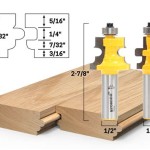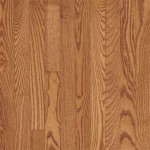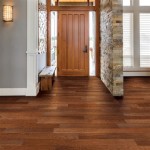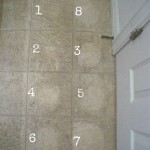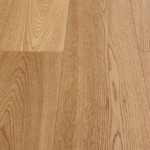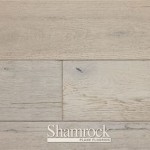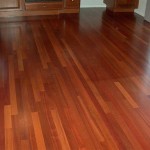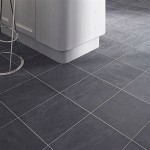Essential Aspects of Flooring For Stairs
When selecting flooring for stairs, it is important to consider several key aspects to ensure both aesthetic appeal and functionality. Choosing the right material, considering safety features, accounting for traffic and usage, factoring in maintenance and durability, and paying attention to cost and budget are all essential. This comprehensive guide will delve into each of these aspects to help you make an informed decision for your staircase flooring.
Material Selection
The type of flooring material you choose will significantly impact the overall look and performance of your stairs. Solid hardwood, engineered hardwood, laminate, vinyl, and carpet are common options. Each material offers unique characteristics in terms of durability, maintenance, and style. Consider the overall design of your home, the amount of traffic the stairs will receive, and your budget when selecting the most suitable material.
Safety Features
Safety should be a top priority when choosing flooring for stairs. Slip resistance is paramount, especially in homes with children or elderly residents. Look for materials with a high coefficient of friction or consider adding anti-slip strips or treads. Additionally, ensure that the flooring has a uniform surface and no raised edges or gaps that could pose a tripping hazard.
Traffic and Usage
The amount of traffic and usage your stairs will receive should influence your flooring choice. If your stairs are heavily used, opt for durable materials like solid hardwood or engineered hardwood with a high wear resistance rating. For areas with occasional use, laminate or vinyl can be suitable options. Consider the potential for spills and moisture exposure, as some materials may require additional protection or maintenance.
Maintenance and Durability
The maintenance and durability of your flooring are key considerations. Solid hardwood requires regular sanding and refinishing, while engineered hardwood is more low-maintenance. Laminate and vinyl offer exceptional durability and are easy to clean. Carpet, on the other hand, requires regular vacuuming and occasional deep cleaning. Determine the level of maintenance you are willing to commit to and choose flooring that aligns with your lifestyle.
Cost and Budget
Finally, consider the cost and budget when selecting flooring for stairs. Solid hardwood and engineered hardwood typically fall on the higher end of the price spectrum, while laminate and vinyl offer more affordable options. Carpet can also be budget-friendly but may require higher maintenance costs in the long run. Set a realistic budget and research different materials within that range to find the best value for your needs.
By thoughtfully considering these essential aspects, you can make an informed decision about flooring for stairs that meets your aesthetic preferences, ensures safety, accommodates traffic and usage, requires appropriate maintenance, and fits within your budget. With the right flooring, your stairs will not only enhance the beauty of your home but also provide a safe and functional pathway for years to come.

How To Install Vinyl Plank Flooring On Stairs In 6 Steps Inc

Laminate Floors And Custom Stairs Arts Crafts Staircase Los Angeles By Dgs Flooring Houzz

How To Install Laminate Flooring On Staircase Step By Guide

Can You Laminate Stairs The Pros Cons

What S The Best Flooring For Stairs Direct

Homepage Laminate Stairs Ltd

Best Flooring Options For Your Stairs Nufloors

Best Flooring Options For Stairs Parrys Carpets

What S The Best Flooring For Stairs Direct

How To Fit Laminate Flooring On The Stairs Esb
Related Posts

